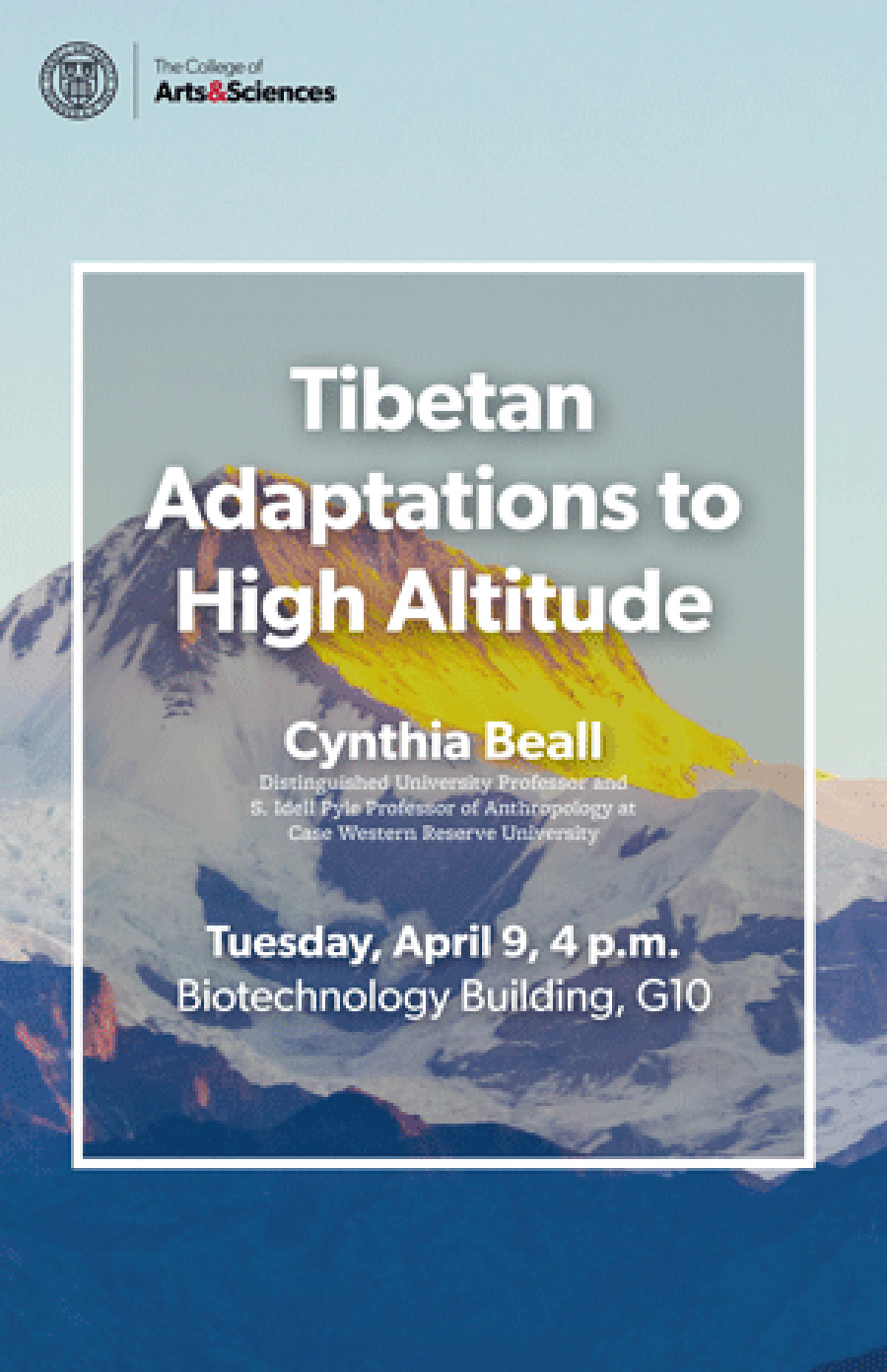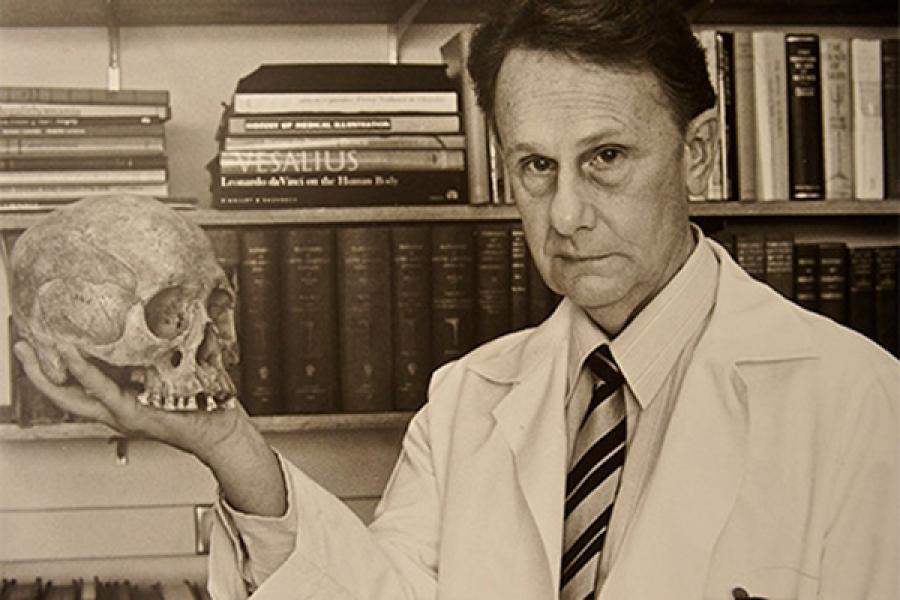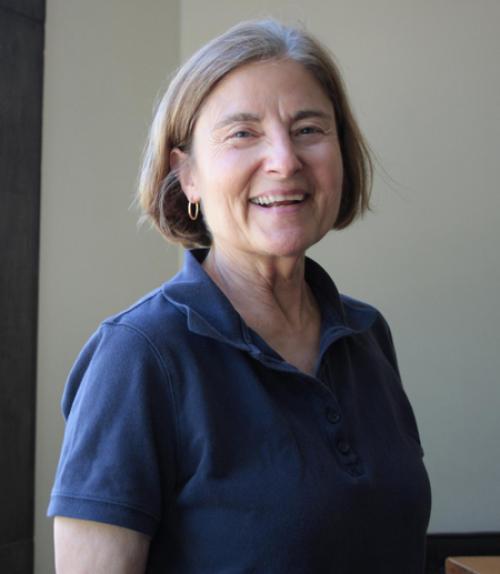A new lecture series in human evolution will kick off with an April 9 event, featuring Cynthia Beall, distinguished university professor and Sarah Idell Pyle Professor of Anthropology at Case Western Reserve University.
The Kenneth A.R. Kennedy Lecture in Human Evolution was established to honor and celebrate Kennedy, a professor of physical anthropology and ecology and evolutionary biology at Cornell for 41 years, who died in 2014.
“This is the first of many efforts that we will make using this endowment to enhance the study and teaching of human evolution at Cornell,” said Charles Aquadro, professor of molecular biology and genetics, director of the Cornell Center for Comparative and Population Genomics and chairman of the Kennedy Lecture Committee. The lecture series will bring at least one distinguished speaker to campus each semester allowing an exploration of the diverse facets and exciting new discoveries in the study of human evolution. Other initiatives being explored include bringing additional distinguished visitors to campus for talks and possibly classes or support for a postdoctoral student, he said.
Beall’s talk, “Tibetan Adaptations to High Altitude,” is set for 4 p.m. April 9 in Room G10 of the Biotechnology Building. The lecture, which is sponsored by the College of Arts & Sciences, is open to all, and will be pitched for a broad audience. She will also be meeting with students and faculty and speaking in classes during her visit.Beall is a biological anthropologist working on human adaptation to the environment and integrating genes, physiology and Darwinian fitness. Her research focuses on explaining why Andean, Tibetan and East African highlanders differ in their patterns of biological adaptation to the severe stress of hypoxia due to low oxygen levels associated with living a high altitudes. This entails fieldwork in mountainous regions of Bolivia, Ethiopia, Nepal, Mongolia, Peru and the Tibet Autonomous Region of China.
She is an elected member of the National Academy of Sciences, the American Philosophical Society, and the American Academy of Arts and Sciences. She also serves on the Board of Directors of the American Association for the Advancement of Science (AAAS).
Kennedy was known for his field studies of early humans and their predecessors in South Asia. He also taught a popular course, Human Biology and Evolution, and used his forensic-anthropology skills as a certified physical pathologist to assist law enforcement officers with discovered remains.Kennedy was a member of numerous professional societies, receiving the T. Dale Stewart Award in Forensic Anthropology in 1987 and being elected a fellow of the American Association for the Advancement of Science in 1992. His 10 authored or co-authored books ranged from “Neanderthal Man” (1975) and “Human Variation in Space and Time” (1976) to “God-Apes and Fossil Men: Paleoanthropology of South Asia” (2000).
“There are facets of human evolution that are biological, there are facets that are social,” Aquadro said. “The study of human evolution is a rapidly growing and exciting area that involves diverse disciplinary approaches and perspectives. A major goal of this lecture series is to engage faculty and students from these diverse disciplines across campus to help foster the growth of the study of human evolution at Cornell."
For more information about the lecture series, contact Aquadro at cfa1@cornell.edu.






